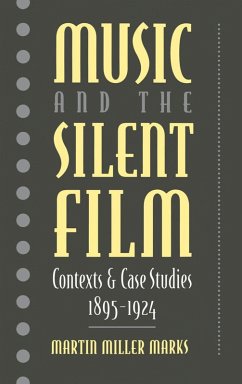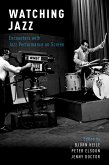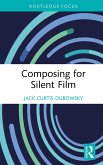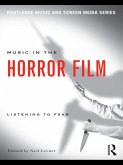In this book, a leading authority on film music examines scores of the silent film era. The first of three projected volumes investigating music written for films, this thoughtful and pathbreaking study demonstrates the richness of silent film music as it details the way in which scores were often planned from the start as an integral part of the whole cinematic experience. Following an introductory chapter that outlines several key theoretical questions and surveys eight decades of writing on film music, Martin Miller Marks focuses on those scores created between 1895 and 1924. He begins by considering two early examples, one German (written by persons unknown for Skladanowsky's Bioskop exhibitions in 1895 and 1896) and one French (scored by Camille Saint-Sa?ns for the 1908 film
L'Assassinat du Duc de Guise). Subsequent chapters fully discuss Walter Cleveland Simon's music for the American film
An Arabian Tragedy (1912) as well as the Joseph Breil accompaniment to D. W. Griffith's
Birth of a Nation (1915). As described in this book, Breil's memorable score--though a compilation derived from many sources--was played by an orchestra as Griffith's sweeping images filled the screen, thus contributing significantly to the great film's success while also achieving remarkable power in its own right. Marks then concludes with a look at Erik Satie's witty and innovative music for the French film
Entr'acte (1924), which was the first film score of consequence by an avant-garde composer. Giving unprecedented attention to a vibrant, important, and oft-neglected facet of twentieth-century music,
Music and the Silent Film will interest scholars of film theory, film history, modern music, and modern aesthetics.
Dieser Download kann aus rechtlichen Gründen nur mit Rechnungsadresse in A, B, BG, CY, CZ, D, DK, EW, E, FIN, F, GR, HR, H, IRL, I, LT, L, LR, M, NL, PL, P, R, S, SLO, SK ausgeliefert werden.









